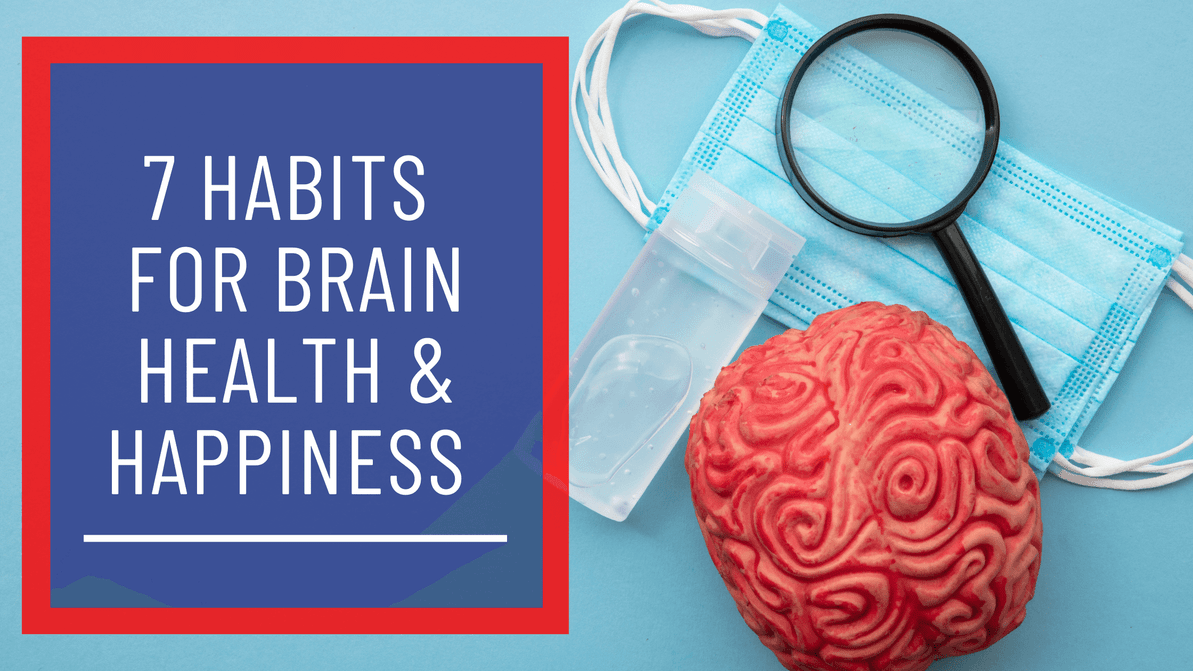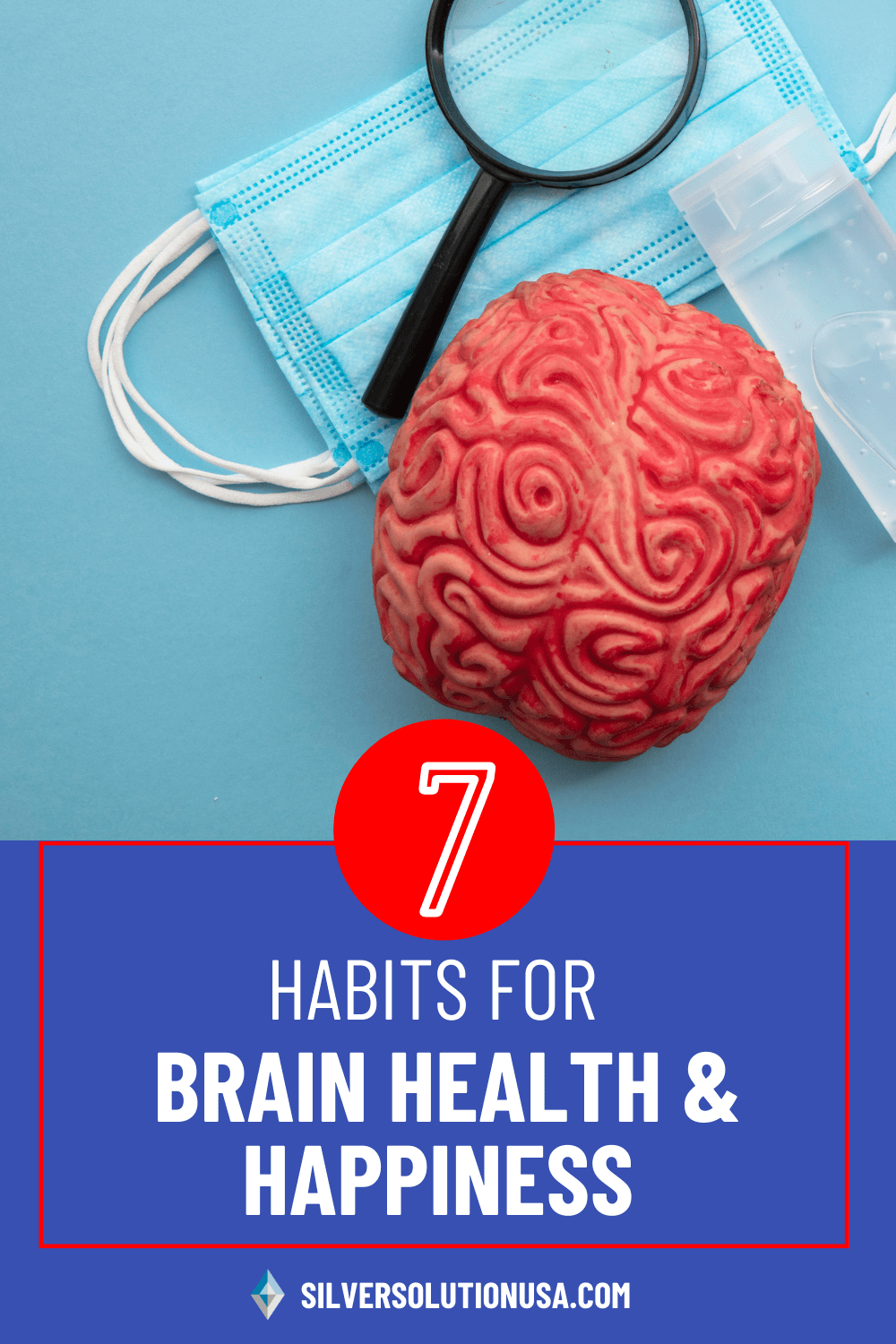7 Habits for Brain Health and Happiness
Movement, thoughts, breathing, and many other bodily functions are dictated by the brain. This crucial organ represents only about 2% of your body weight. Yet, it controls everything in your body.
Here's the truth: you can't prevent the cognitive decline that happens with age. But you can slow it down and maybe even prevent diseases like dementia.
Many of us only start thinking of the deterioration of our cognitive function when we grow old. But poor lifestyle choices in our youth can negatively impact our brain health. The sooner you start making healthier choices in your diet and lifestyle, the better.
We've already talked about the best foods for brain health. Nutrients have the power to boost cognitive function and even slow down age-related decline. But brain health isn't all about diet. It's about your habits too. The things you do each day can influence your memory and more.
The best habits for brain health
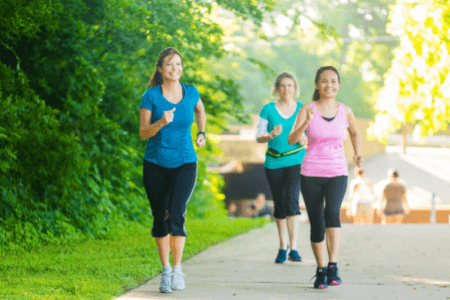
1. Stay active
Research has linked a sedentary lifestyle with quicker cognitive decline and an increased risk of dementia. Your brain needs oxygen to function correctly. Normal blood pressure and good cardiovascular health, in general, will also mean a healthy brain.
That’s why an active lifestyle is one of the essential habits for brain health. Running, swimming, cycling, and even walking can all do the trick. Physical activity doesn't have to be a classic workout at the gym. It can be easily included in our day-to-day activities.
Take the stairs instead of the elevator whenever possible. Play with your kids. Dance to your favorite song in your living room – you don't have to be a good dancer; nobody will know!
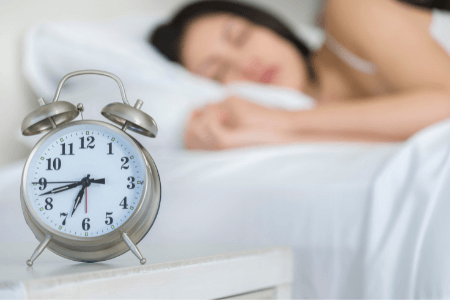
2. Get enough rest
Sleep plays a crucial role in brain health, memory, and happiness. A study conducted on mice showed that memories are formed during slow-wave sleep. The brain seems to replay activities from the day during this time, which helps you remember them years down the line. If you don’t get enough sleep, you'll soon notice a memory decline.
But that's not all. Not getting enough sleep makes you more susceptible to depression and anxiety. Lack of sleep impacts hormone production – your body makes a higher level of stress hormones, such as cortisol, to help you push through the day.
Constant high levels of cortisol can have a negative impact on brain health and memory. While you may not be able to avoid all stressful situations in life, you can try to get 7-8 hours of sleep.
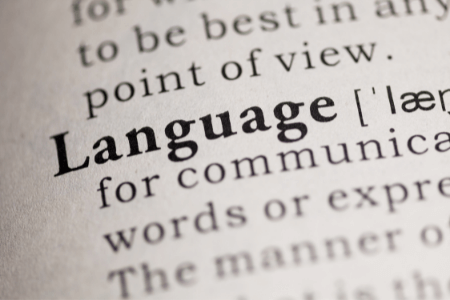
3. Stay curious. Keep learning new things.
Curiosity may have killed the cat, but it can keep your brain healthy.
If you have the time, start by learning to play an instrument. Studies showed playing an instrument can change your brain waves. These changes boost your hearing and listening skills. In the long run, they may help slow down age-related cognitive decline.
And if you feel like playing an instrument isn't your thing, you can try learning a new language. A study looking at the brains of people with Alzheimer's disease found that those who spoke two or more languages had brains denser in areas that control memory and cognition. In other words, there's good reason to believe that being fluent in more than one language can help slow down dementia.
No time to learn something new? That's okay. Even something as simple as playing games such as crosswords or Sudoku can boost brain function, memory, and reasoning. (And as a bonus, you could tie this in with our next habit by playing with your friends and family in the app versions of these games. Words With Friends, anyone?)

4. Socialize
Staying social is extremely important to your overall health. Isolation and loneliness can lead to depression and anxiety, and in time, they can impact your cognitive function.
Especially if you live alone, it can seem hard to find ways to socialize more. Going to work can be one way, but oftentimes we're so busy that we hardly have time to exchange a few words with our peers. Plus, if your only connections are your work colleagues, vacations, changing jobs, and retirement will be very lonely.
That's why it's important to seek friendships that are not dependent upon your job. Connect with family and old friends whenever possible.
And if that's not an option, find creative ways to meet new people. Taking a dance class, for instance, will help you both make new friends and stay active. A real treat for brain health! (For those of you brave enough to dance in front of others!)
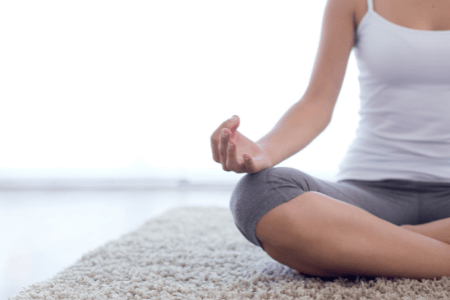
5. Take care of your mental health
We can't talk about brain health without mentioning the importance of mental health. While they are not the same thing, they are interconnected.
Simple habits can help reduce stress and make you feel happier. Sleeping enough and even taking a nap will benefit your overall health. Meditation has also been proven to help reduce the harmful effects of stress. It can lower blood pressure, boost your mood, and perhaps even your memory.
Thinking positive thoughts, especially as you age is very important. A 2018 study showed positive beliefs related to aging might protect against cognitive decline and dementia. The opposite also appears to be true.
Anxiety and depression are serious issues that can impact your brain, heart, and entire life. Meditation, yoga, sleeping enough, eating a good diet, and staying active and social can help alleviate these issues. But sometimes, that's not enough. Don't be afraid to ask for help! Talking to a therapist is nothing to be ashamed of or afraid of.

6. Stop multitasking
Yes, you read that correctly. Learning new things and keeping your brain engaged may be good in the right circumstances. However, trying to do too many things simultaneously can have the opposite effect.
Multitasking is a great feature to have on a computer. But we're not computers. Your brain can only focus on so many things at once. You may feel like you're good at joggling four tasks at the same time. In reality, what you're really achieving is putting a lot of stress on your body.
That stress comes with increased levels of cortisol. This little stress hormone is great when you need to run for your life. But too much of it on a daily basis becomes detrimental to your health.
And it doesn't only damage us as we age. Multitasking can have a negative impact on teenagers as well. At this age, neural connections are still being formed in the brain. Trying to focus on multiple things at the same time can impact how these connections are formed. Poor memory and decreased cognitive abilities can follow not long after.

7. Quit smoking and limit alcohol
Smoking reduces blood flow to the brain, which hampers its ability to perform essential tasks like thinking and learning. Smoking may account for up to 60 percent of all cognitive impairment among adults over age 65.
Alcohol, on the other hand, isn't all bad. Some red wine, for instance, every now and then is okay. That's due mainly to the resveratrol found in red wine. But on the opposite side, drinking too much alcohol may lead to shrinkage of the hippocampus.
Several studies have been conducted around this topic over the years. They all agree that heavy drinking harms brain health.
Moderate drinking, on the other hand, is a different story. Scientists have yet to reach a true consensus. Some cognitive impairment seems to exist, but it is unclear if it is genuinely worsened by alcohol or a normal age-related decline. One thing is sure – limiting alcohol is beneficial.
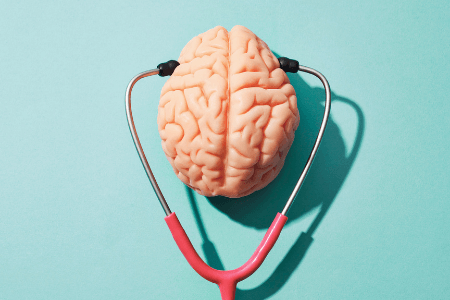
Bottom line:
Keeping your brain healthy can be simple and fun. Staying curious and learning new things at any age will improve your cognitive abilities, as will socializing and having fun with friends.
Moving your body through various physical activities and getting enough rest will also improve your health. Focusing on one thing at a time, thus giving up multitasking, is another thing to consider.
Finally, don’t forget to eat a balanced diet, limit alcohol, and quit smoking.
How are you keeping your brain healthy? Are there any activities on this list you’re already doing? Are there any you want to start including in your lifestyle? Join us on Facebook and let us know.
Health/Medical Disclaimer
This blog post does not provide health or medical advice. This blog post is for informational and educational purposes only and is not a substitute for professional health or medical advice. Before taking any actions based upon such information, we encourage you to consult with the appropriate medical and healthcare professionals. We do not provide any kind of health or medical advice. The use or reliance of any information contained on this blog is solely at your own risk.
Sources
https://www.ncbi.nlm.nih.gov/pmc/articles/PMC7174309/
https://www.jneurosci.org/content/37/24/5948
https://onlinelibrary.wiley.com/doi/abs/10.1002/gps.5085
https://www.sciencedirect.com/science/article/pii/S156816371500046X
https://journals.plos.org/plosone/article?id=10.1371/journal.pone.0191004
https://www.dana.org/article/multicosts-of-multitasking/
https://pubmed.ncbi.nlm.nih.gov/23182846/
Recent Posts
-
Are sunscreen ingredients harmful?
Sunny days can bring a lot of fun. Going out for a swim, spending time in nature, or relaxing on the …18th Mar 2024 -
The Veggie Debate: Does Cooking Vegetables Destroy Nutrients and the Best Ways to Cook Them
Vegetables are one of the healthiest foods you can choose. Some people downright hate them, while so …4th Mar 2024 -
Best Foods for COVID Recovery and Prevention
A few years ago, a new virus took the world by surprise. COVID-19 may look like the flu on the surfa …19th Feb 2024

